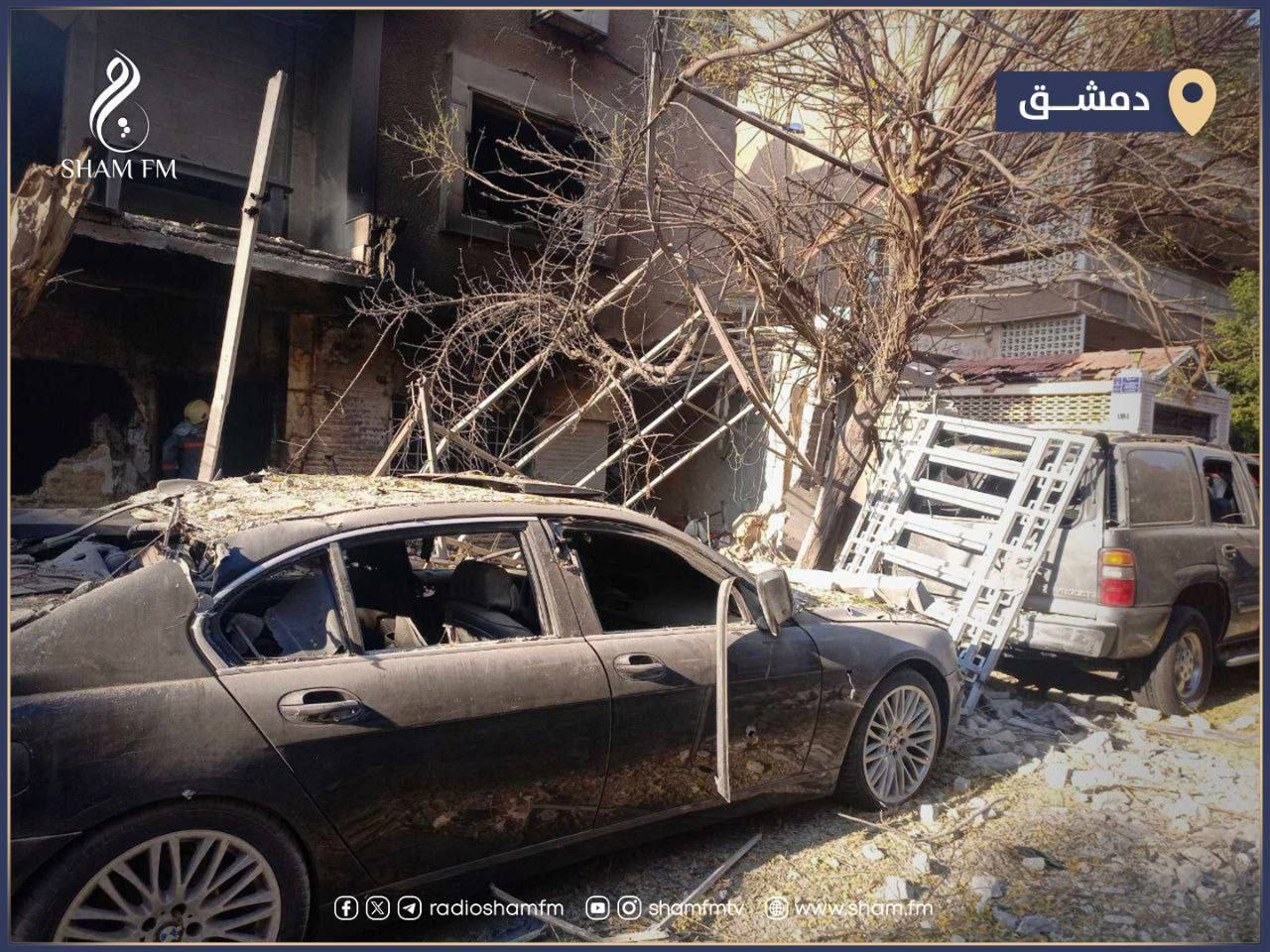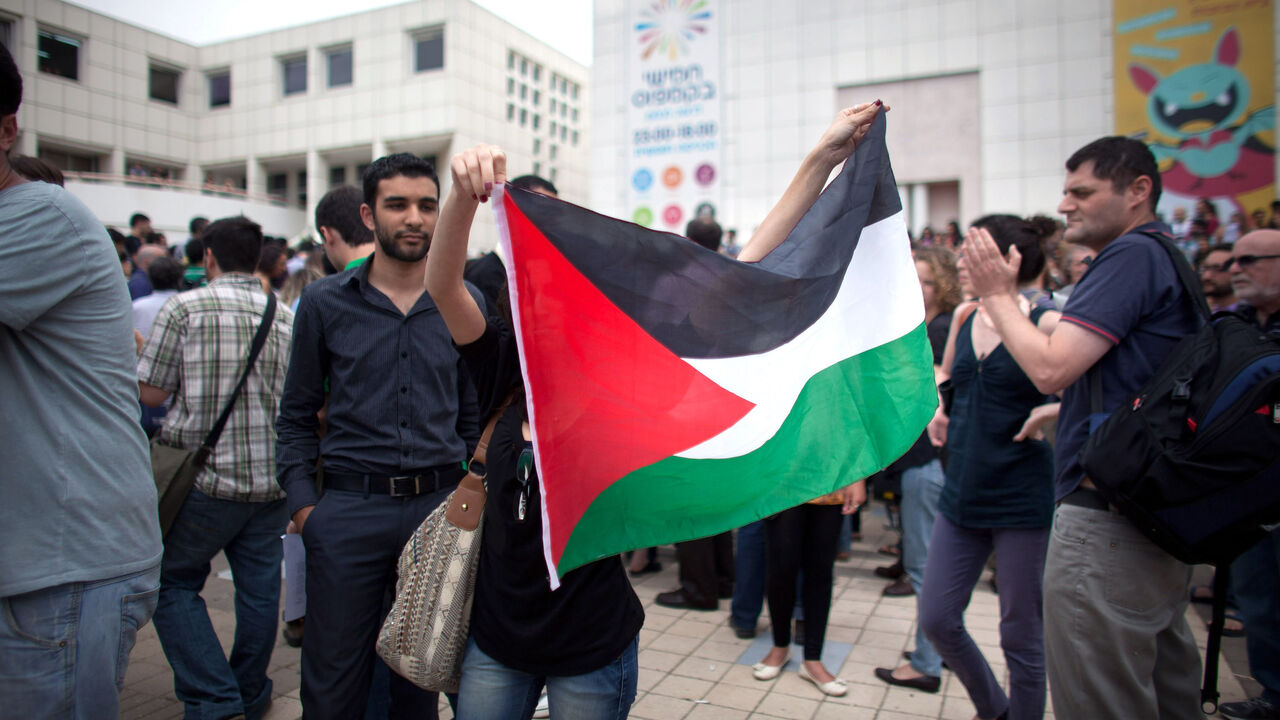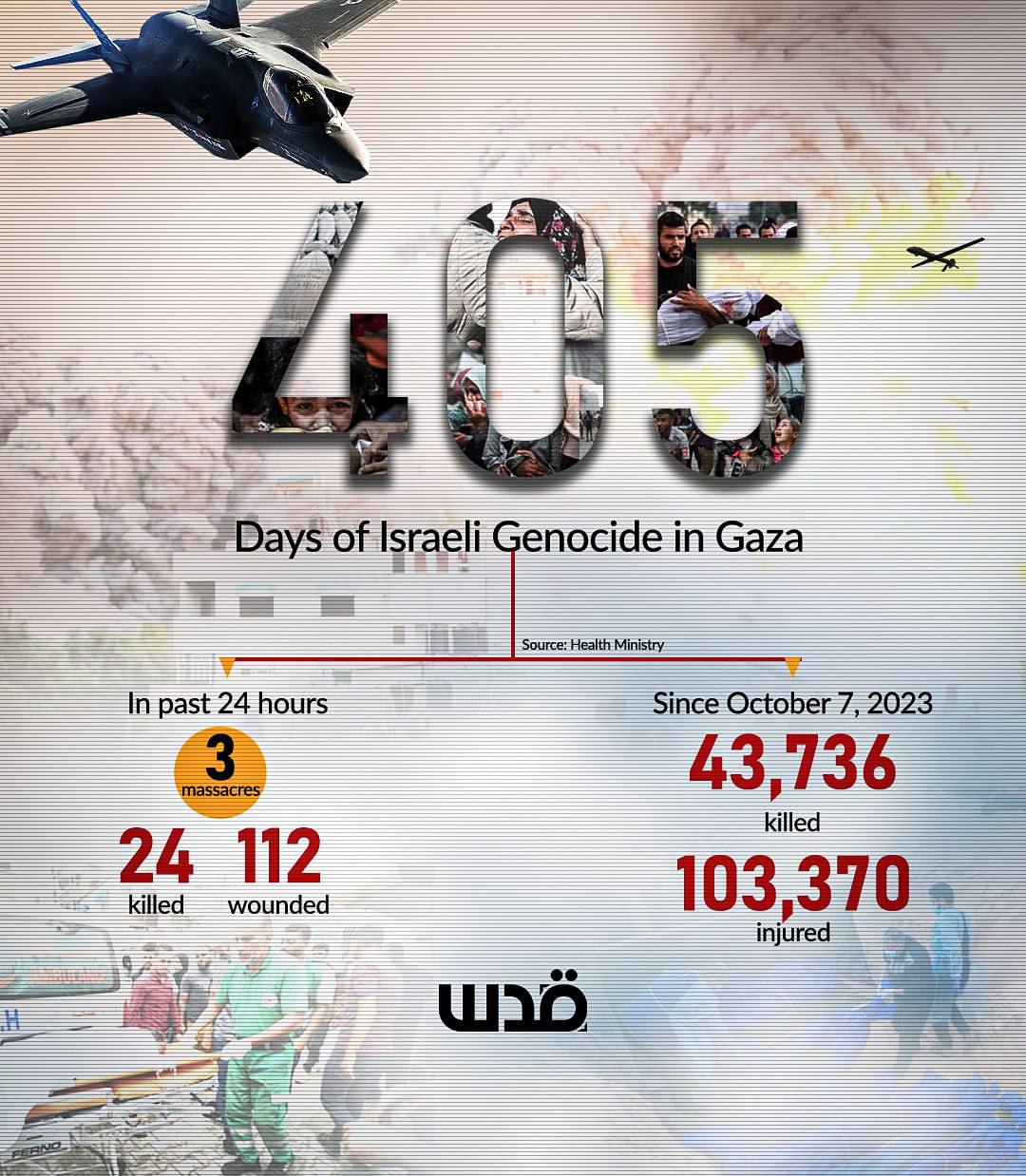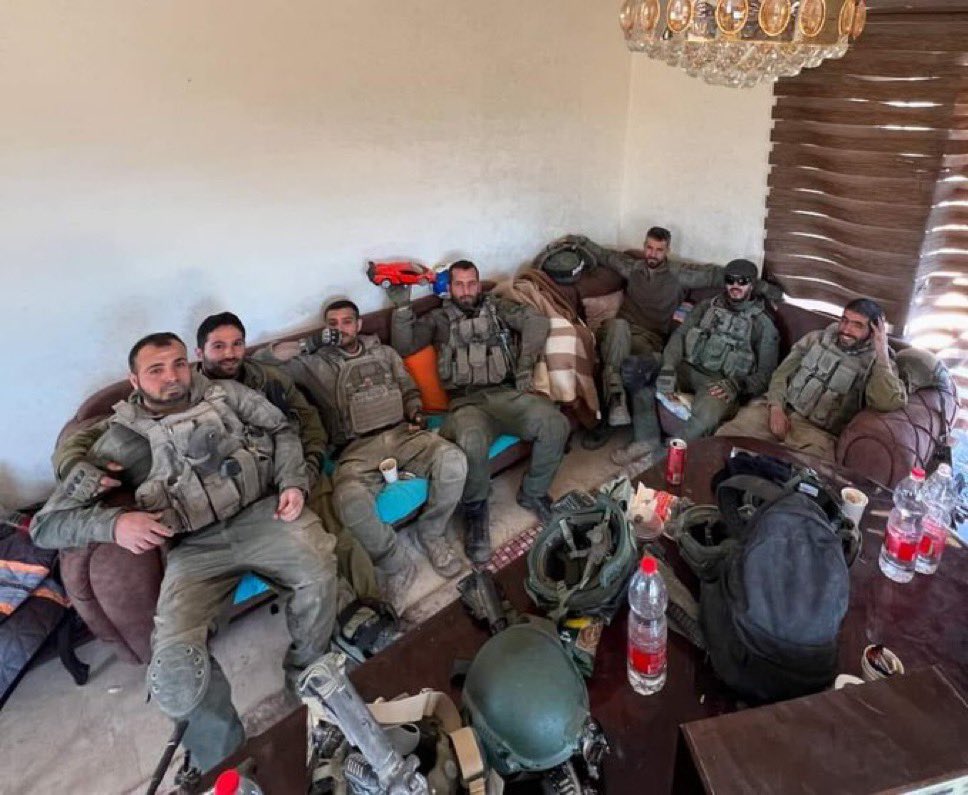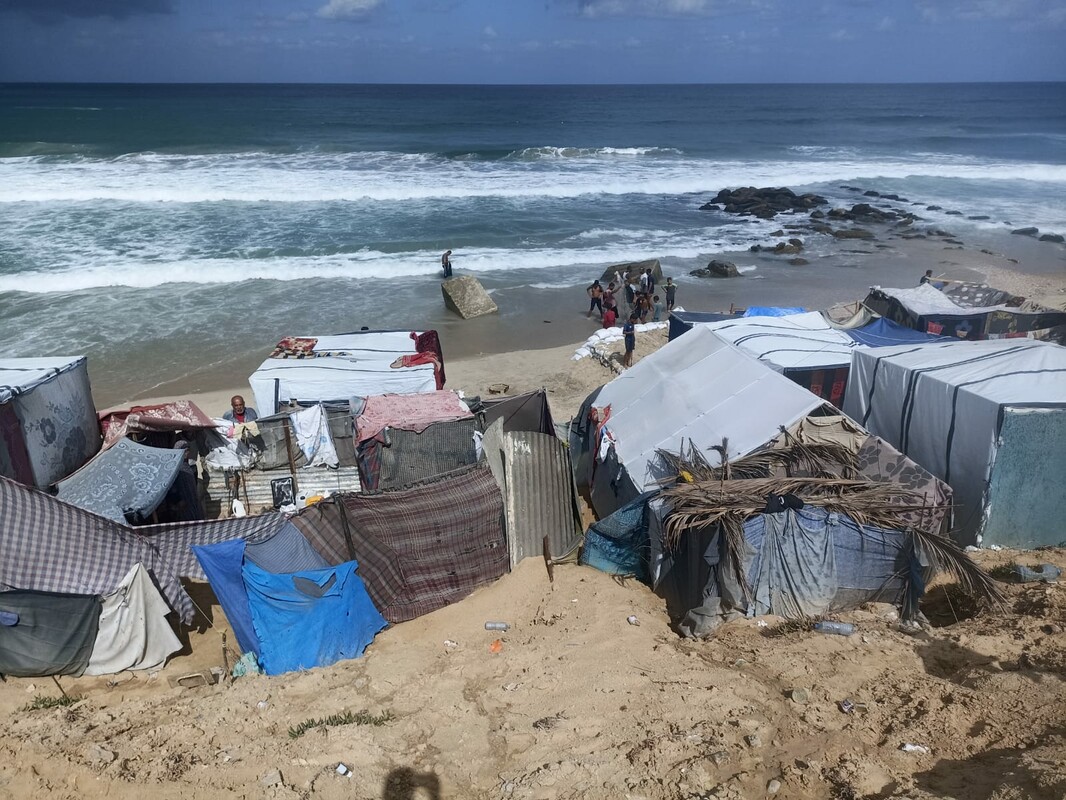
With the amount of aid Israel is currently allowing into Gaza, it will take humanitarian agencies more than two years to deliver the kits needed to prepare tents, makeshift shelters and damaged homes south of Wadi Gaza for this coming winter, according to the Norwegian Refugee Council-led Shelter Cluster in Palestine.
At least 25,000 sealing-off kits, the equivalent of 25 truckloads, must be delivered per week to southern Gaza before the end of November, to meet the vast needs. In August, an average of just two trucks per week crossed into the south with shelter items – just eight per cent of what is needed weekly.
Over one million displaced Palestinians in central and southern Gaza urgently need these sealing-off kits before winter arrives. Many of the tents and shelter materials provided by aid agencies throughout the last year are now unsuitable due to wear and tear. Replacements have been scarce, with few new tents entering Gaza in recent months. The Shelter Cluster calls on donor governments to demand that Israel urgently allow in these basic materials to weather-proof shelters in Gaza before temperatures drop.
“After being forced to flee time and time again, hundreds of thousands of families in Gaza are living in inadequate tents and makeshift shelters. Some have sewn together old rice sacks to ensure they have something, at least, between them and the sky. When winter comes, these shelters will not keep them safe from strong winds, heavy rains and cold temperatures,” said Alison Ely, Shelter Cluster coordinator in Gaza.
“The international community, including the United States, the United Kingdom and European Union member states, must insist that Israel facilitates the delivery of sealing-off kits to southern Gaza.”
Most displaced people in Gaza are living south of Wadi Gaza in small, overcrowded tents or makeshift shelters. Sealing-off kits, consisting of two tarpaulins, one plastic sheet, rope and duct tape, are the bare minimum required to ensure shelters are weather-proof for winter. Without this, families are at risk of hypothermia and other more severe health conditions.
“On Sunday, unusually early rain caused widespread panic and unrest, as Palestinians searched for tarpaulins or any other materials to protect themselves from the rain. Aid agencies have few materials to distribute, but families cannot wait,” added Ely.

